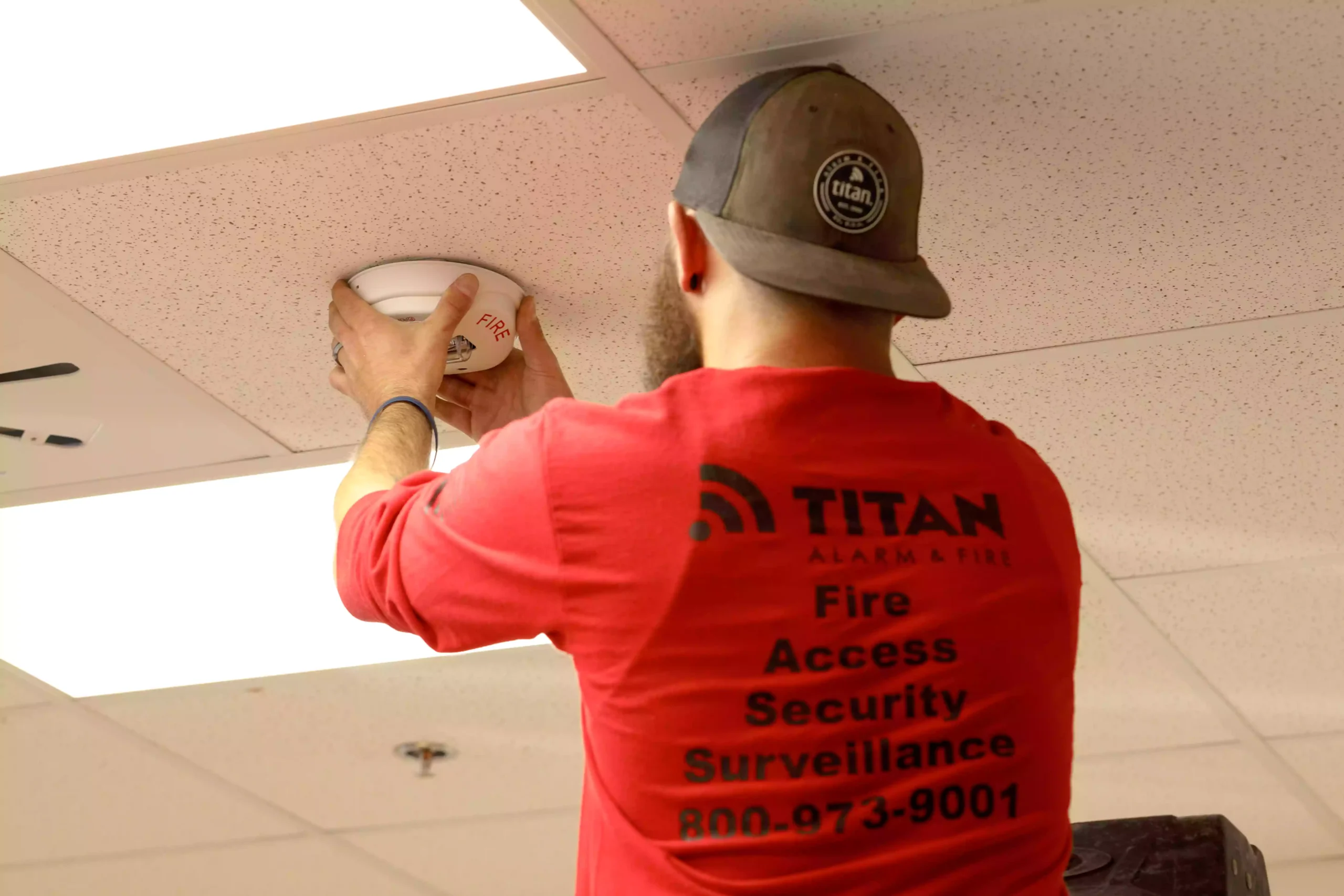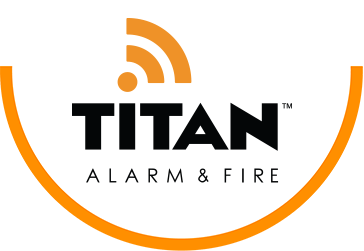Uncommon Fire Hazards in the Home
06/14/2017
Most people know that having faulty electrical wiring, leaving unattended food cooking on a stove or falling asleep while smoking in bed present serious fire hazards in a home. But you might not know about other less obvious risks.

Being aware of the following threats — and taking steps to eliminate them — can help to prevent a house fire that could destroy your property and endanger the lives of your family:
-
Animals:
Household pets and other “uninvited” critters can pose serious home fire hazards. Dogs and cats can knock over candles or ashtrays containing smoldering cigarettes. Pets such as mice and rats can chew through electrical wires, which can ultimately lead to a fire.
-
Dust:
Dust can accumulate in electrical sockets and near heat sources. Dust is flammable — one spark in a dusty area can quickly cause a fire. That’s just one more good reason to dust and vacuum on a regular basis.
-
Glass:
Certain types of glassware can cause allow concentrated rays of sunlight to pass through. If the rays focus on paper or other flammable materials for an extended period of time, it could cause the materials to ignite. A safe practice is to keep all glassware away from direct sunlight.
-
Lint:
Like dust, an accumulation of lint in dryer traps or behind the machine presents a significant home fire hazard. A good way to prevent a house fire is to clean out the lint traps after every dryer use. Also, have the dryer duct professionally cleaned as part of your regular ductwork cleaning and inspection service.
-
Oily rags:
Oily rags that are commonly stored in garages, basements or sheds can produce heat that can cause a fire. A safe practice is to submerge oily rags in water and place them in a secure storage cabinet or container that is not exposed to heat or sunlight.
-
Pyrolysis:
Pyrolysis is a type of decomposition resulting from prolonged exposure to high temperatures. A common example of pyrolysis in a household environment is a pile of firewood stored under direct sunlight or stack of lumber next to a furnace or woodstove. As the wood breaks down over time, it becomes combustible and can pose a home fire hazard.
-
Discarded/stored Batteries:
One of the more uncommon fire hazards is the loose storage of unused household batteries, particularly 9-volt batteries that power home smoke detectors. When stored next to a metal object, it’s possible that a connection between the battery and the object could produce a fire. A safe practice is to keep unused batteries in their original package.
Smoke Alarms Provide Excellent Protection Against All Types of Home Fire Hazards
While it is virtually impossible to remove all fire hazards in a home, a state-of-the-art smoke and fire alarm system can provide the early detection that can save lives. If you reside in the Phoenix, AZ area, Titan Alarm, Inc. can design and install an effective, affordable alarm system that will minimize your risk. Contact us for more information and to schedule an in-home consultation today.


